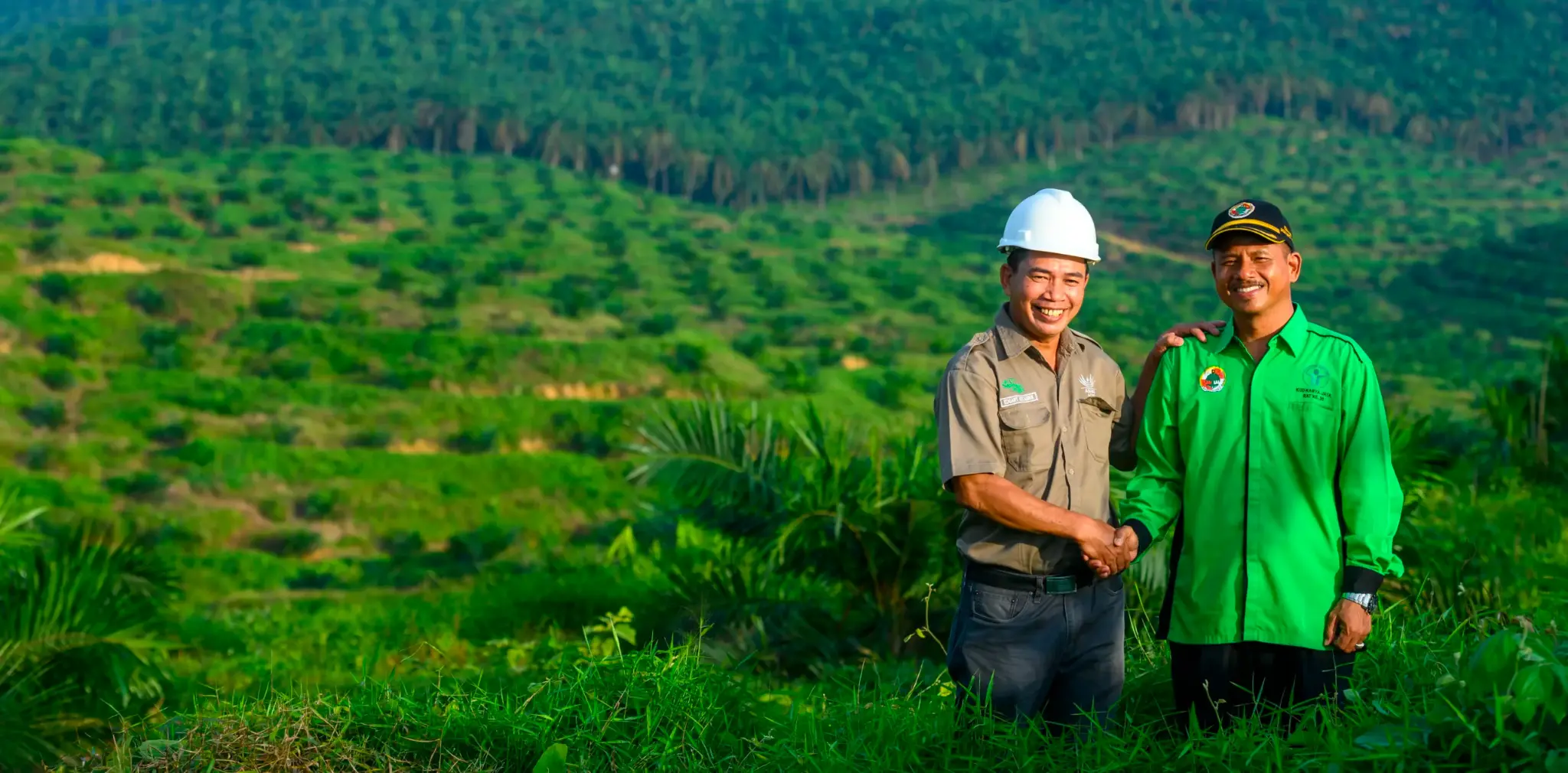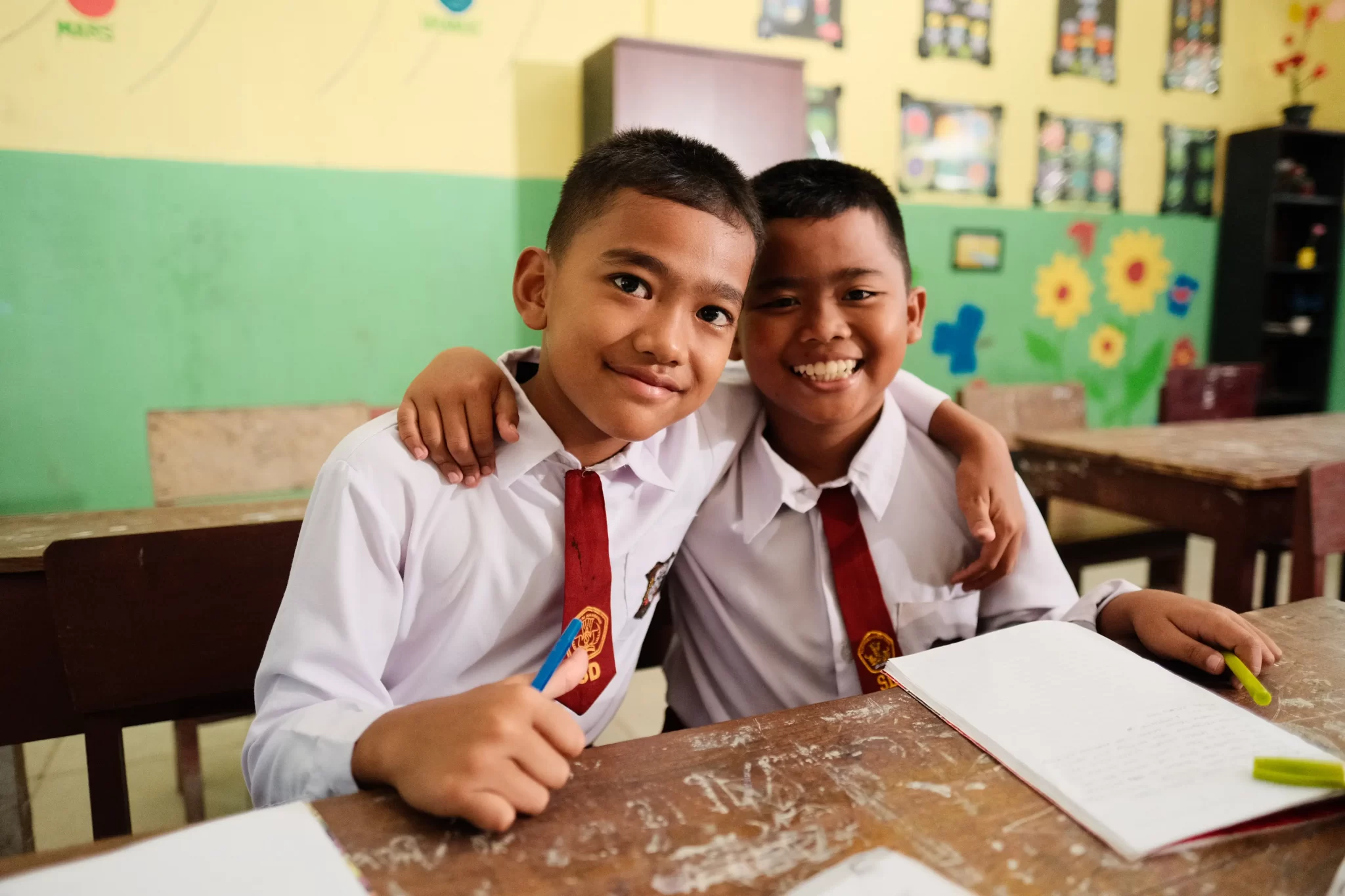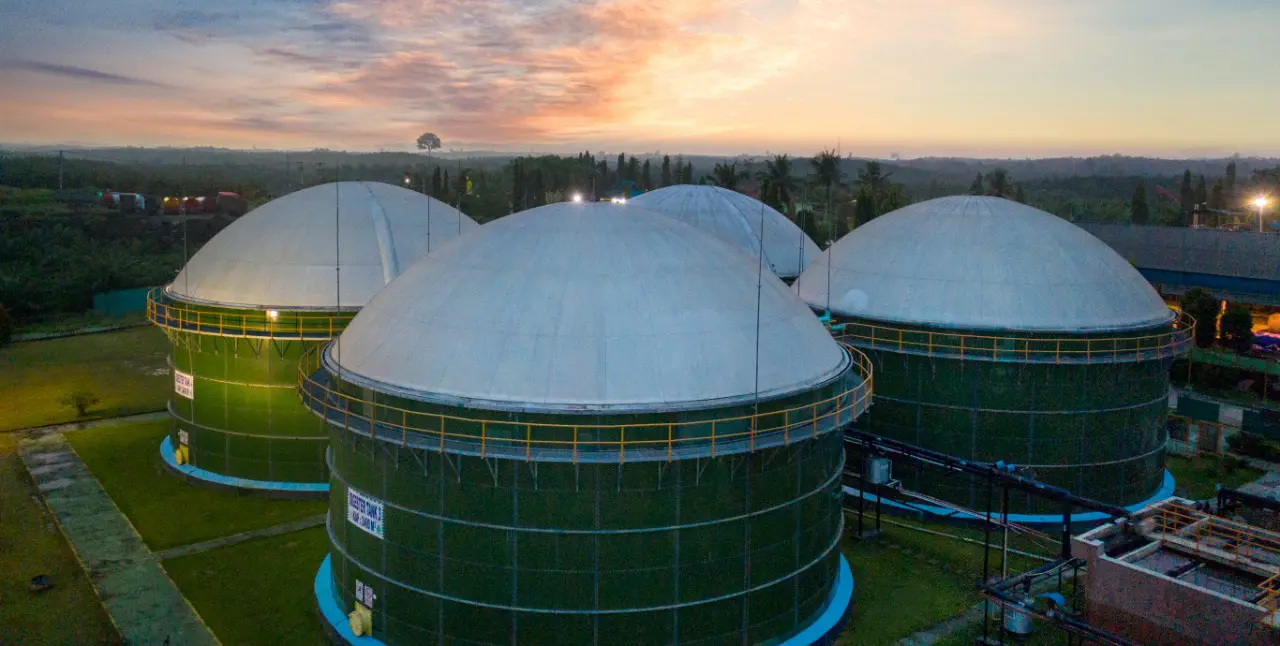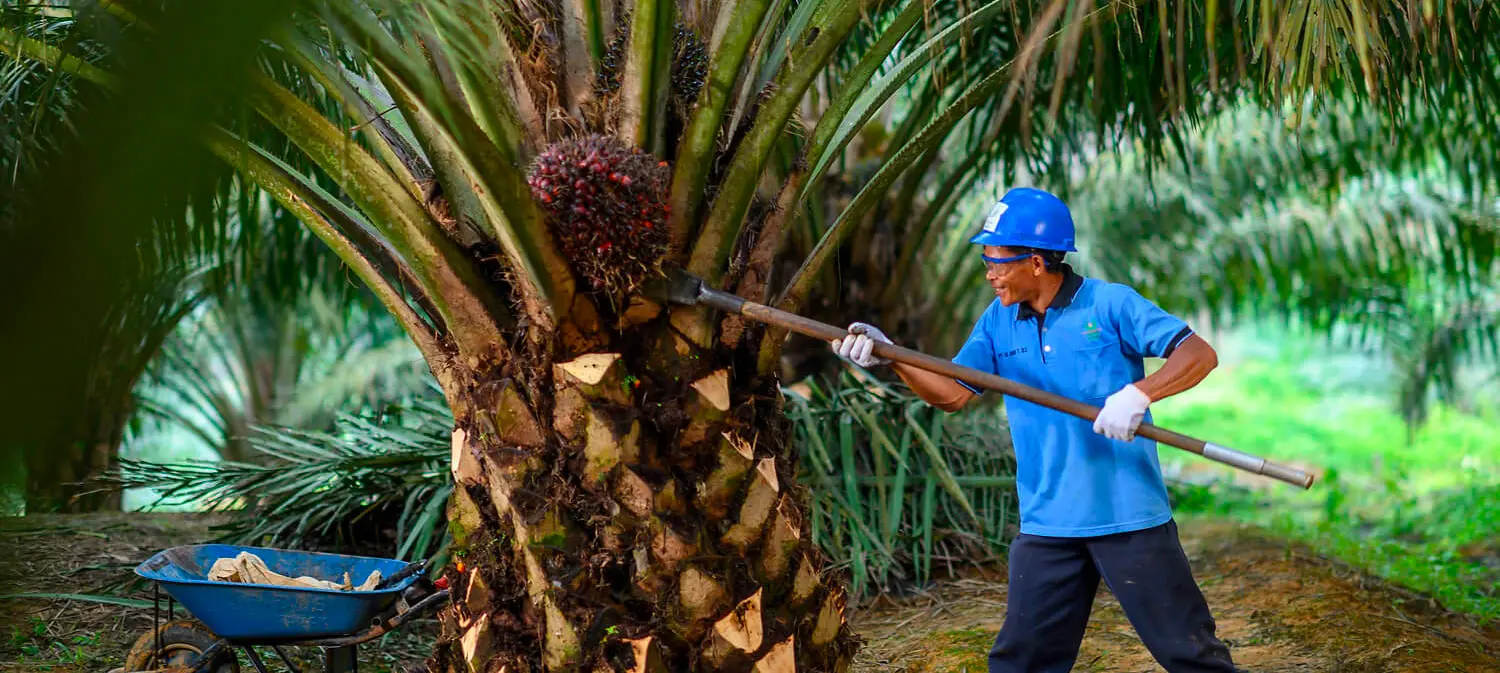Generating positive value to smallholders, community and the environment through business excellence grounded in a strong sustainability commitment

Asian Agri 2030
Asian Agri 2030 is our commitment to transform our business for the future, in line with our 5Cs philosophy that all our activities must be good for Community, good for Country, good for Climate, good for Customer, and only then will they be good for the Company. It is made up of targets under four pillars to ensure a mutually beneficial partnership with smallholders, contribution to community growth, promotion of climate protection, and responsible production.
Commitments & Targets

Smallholder Partnership
Intensive Engagement with Smallholders for Better Livelihood
- Double smallholder income through replanting program.
- 100% completion of smallholders’ replanting program.
- 100% ISPO certification for smallholders.
- 5,000 independent smallholders to be RSPO certified.

Inclusive Growth
Encourage Strong Participation to Achieve Best Quality of Life.
- Zero extreme poverty surrounding our operational area.
- Establishment of Small-Medium Enterprises that covers more than 500,000 ha.
- Provide 5,000 sets of school essentials to children through our Bag-to-School programme.
- Optimize recovery of waste oil.

Climate Positive
Promote Sustainable Palm Oil through Best Management Practices.
- One to One restoration area.
- Net Zero emissions from land use.
- Optimize methane capture facilities for all mills.
- 100% renewable energy for our operations.

Responsible & Sustainable Production
An Integrated Course of Action to Establish Sustainable Product.
- No new land use change for plantations.
- Promote eco green for sustainable operations.
- Implementing circular economy best practices.
- Reduce 50% pesticide usage.

